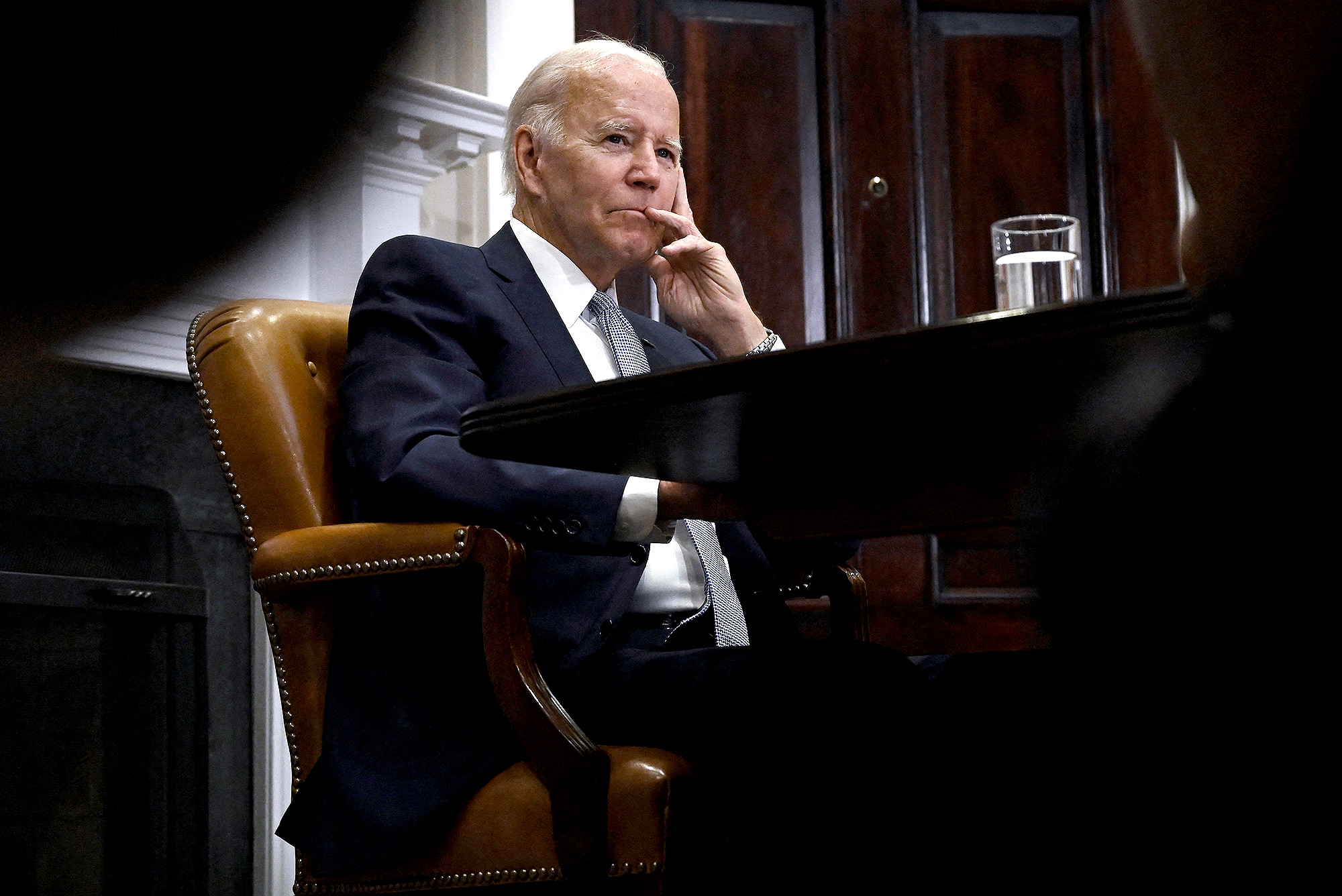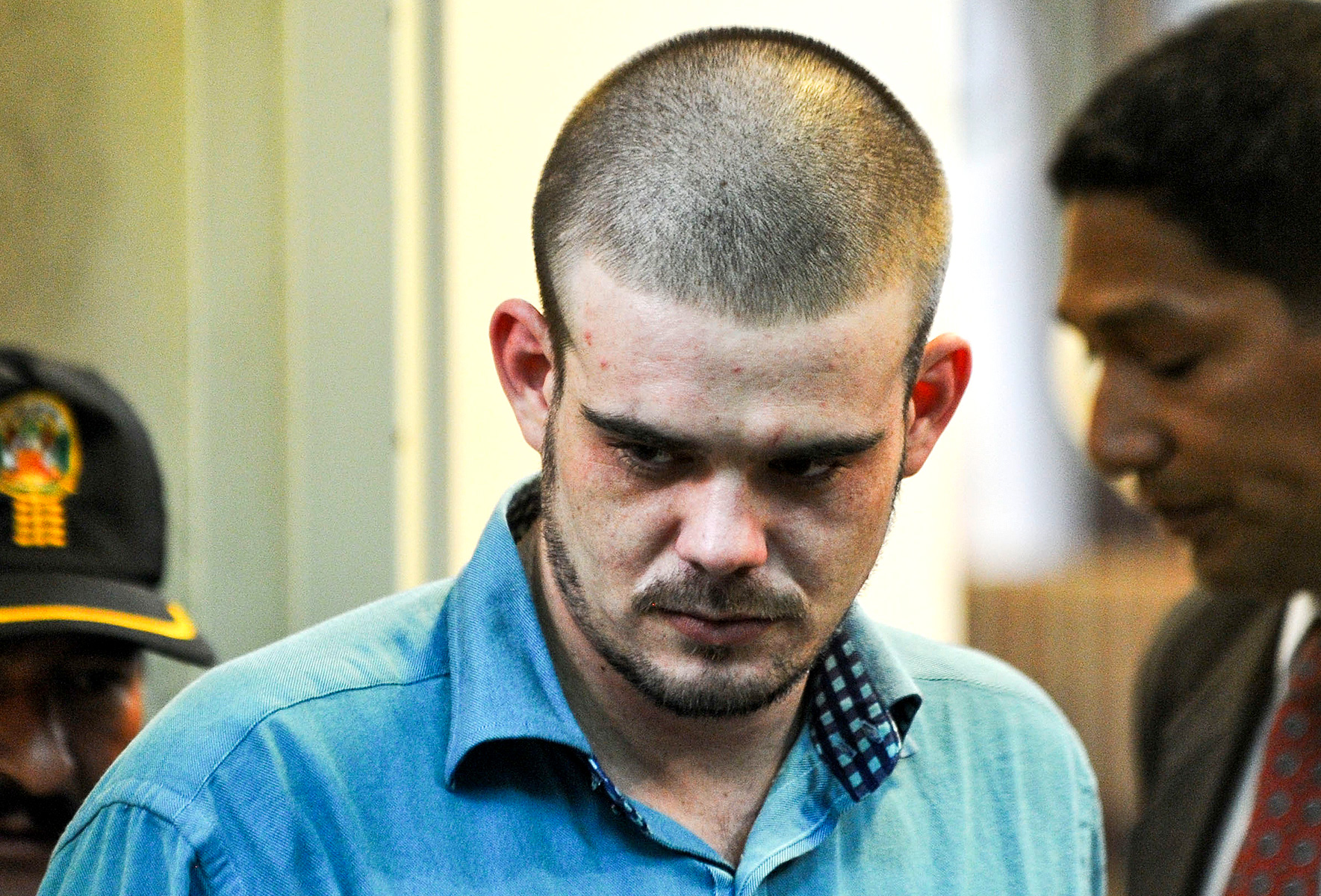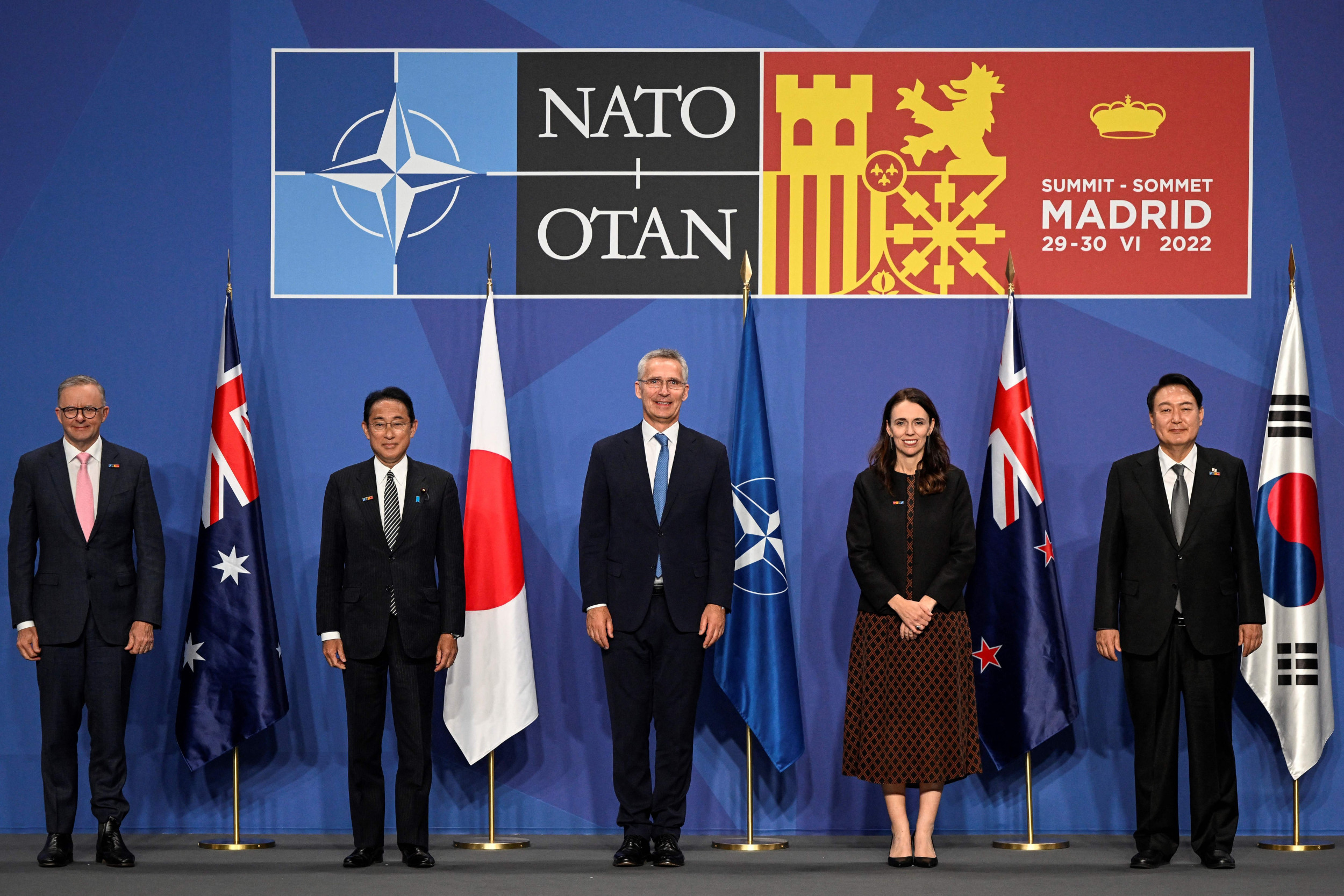Russia's Prison Recruiting Isn't Replacing Huge Military Losses
The United Kingdom's Ministry of Defense on Thursday reported that Russia's military has "ramped up" its recruitment of prison inmates in 2023, but the effort has not kept pace with its casualty rate in Ukraine.
"Since the start of 2023, the Russian Ministry of Defence (MoD) has ramped up a scheme to recruit Russian prisoners to fight in Ukraine," the British ministry wrote in an intelligence update. "It is likely that up to 10,000 convicts signed up in April 2023 alone."
Yevgeny Prigozhin, the leader of the Wagner Group of Russian mercenaries, admitted that he had actively recruited inmates from Russia's prisons beginning in 2022. He announced in February that prisoners were no longer being used by Wagner, and the U.K.'s Defense Ministry acknowledged that he likely lost access to prisons while Russia's formal military intensified its campaign of signing up inmates.

Estimates vary for the amount of casualties Russia has suffered during the war in Ukraine that began with the February 24, 2022, invasion, and Russia does not disclose such figures. On May 1, the White House said it had estimated that Russian President Vladimir Putin's military had suffered 100,000 casualties in the previous five months. That number, which was calculated using U.S. intelligence research, including more than 20,000 dead.
The U.K. Ministry of Defense shared information about Russian troop casualties in an April 25 intelligence update, noting that it was believed the daily troop casualty rate had dropped by about 30 percent for April. The reduction was attributed to Russia shifting its focus to Ukraine's anticipated counteroffensive after Moscow failed to accomplish its winter military objectives.
The 30 percent decline came from the Ukrainian General Staff's data, which the U.K. said it could not verify. Going by those figures, though, Russia suffered a daily average of 569 casualties in April, which would add up to about 17,000 for the month. That number would surpass the 10,000 inmates the British Defense Ministry believes Russia recruited in April.
Latest Defence Intelligence update on the situation in Ukraine - 11 May 2023.
— Ministry of Defence 🇬🇧 (@DefenceHQ) May 11, 2023
Find out more about Defence Intelligence's use of language: https://t.co/5sj6QS5ckW
🇺🇦 #StandWithUkraine 🇺🇦 pic.twitter.com/xkY3Mg8VTA
As for why Russia is increasingly relying on prisoners, the British ministry wrote it was "part of a broader, intense effort by the Russian military to bolster its numbers, while attempting to avoid implementing new mandatory mobilization, which would be very unpopular with the Russian public."
Mark N. Katz, a professor of government and politics at the George Mason University Schar School of Policy and Government, told Newsweek that the fact that the "Russian military is now recruiting from prisons just shows how desperate Moscow is to increase its troop level without resorting to the unpopular practice of conscripting civilians."
"Part of the reason Wagner may have stopped recruiting prisoners is that there are few prisoners left willing to fight for Wagner," Katz said, noting that word likely spread about the high casualty rate for Prigozhin's forces.
He continued, "Prisoners, though, might be more willing to be recruited by the Russian military in the belief that they will receive better training, more arms and more ammunition. Of course, if the casualty rate among prisoners fighting with the Russian military turns out to be at or near the level their casualty rate fighting for Wagner, then the Russian military will sooner or later run into difficulties recruiting from prisons too."
The British Defense Ministry wrote in March about the potential danger of using prisoners in Ukraine. Since Prigozhin offered inmates commuted sentences in exchange for six months of military service, thousands of former convicts were pardoned and released into the general public.
According to the U.K. ministry's assessment, "the sudden influx of often violent offenders with recent and often traumatic combat experience will likely present a significant challenge for Russia's war-time society."
Newsweek reached out to the Russian Ministry of Foreign Affairs via email for comment.








